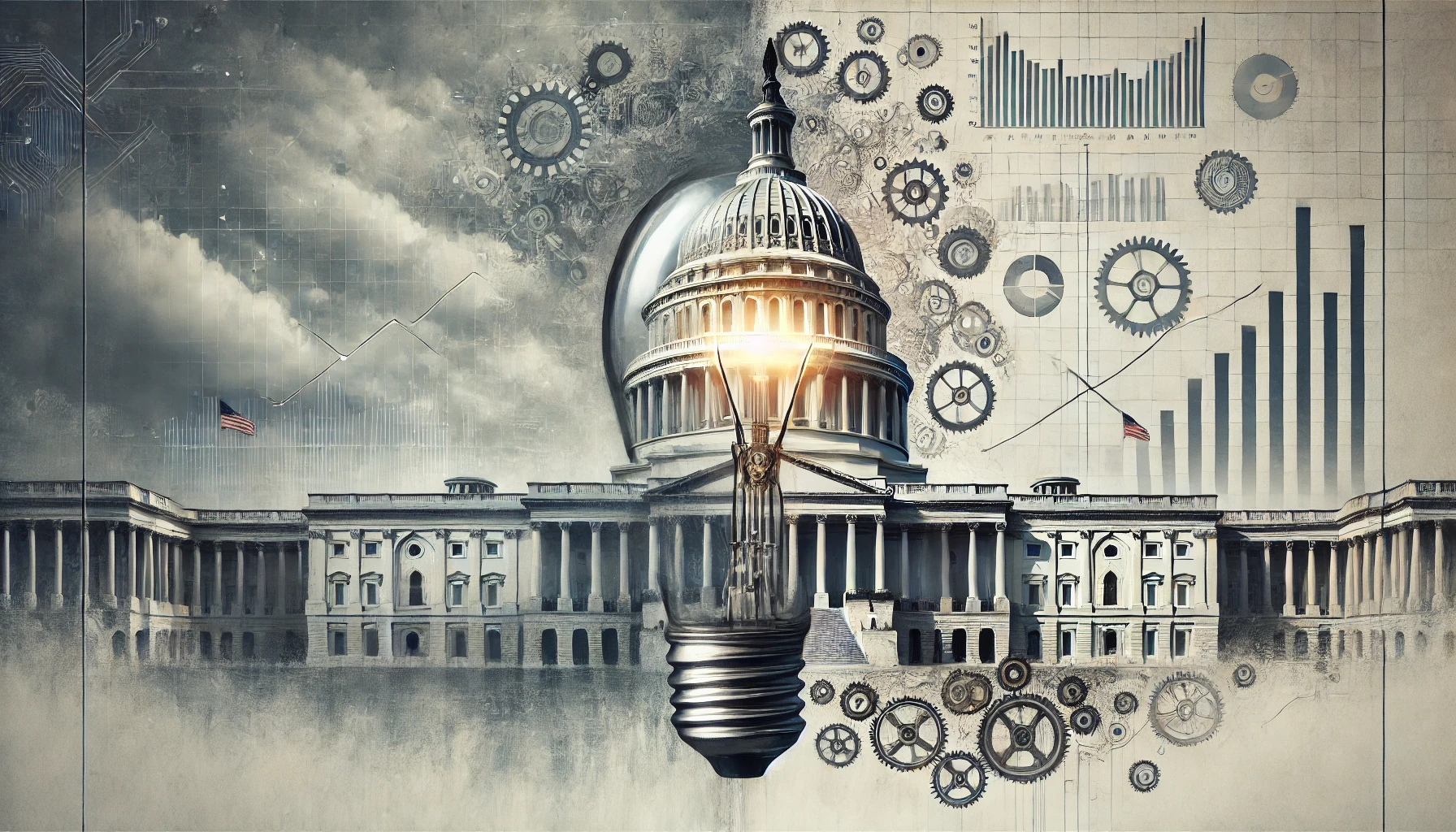
It used to be that a biometric sensor wouldn’t work on a moving body. A heart sensor would only work on a motionless person, like a patient in a coma. The solution that solved this problem was invented and patented by Dr. Steven LeBeouf.
Dr. LeBeouf, who has a Ph.D. in Electrical Engineering (no small feat), used this and other inventions to build a successful company—Valencell, Inc. Valencell produces wearable biometric sensing products and licenses its technologies. Years after the technology was patented, Apple came out with its Apple Watch. Apple approached Valencell regarding the technology, and a licensing agreement seemed imminent. If you’re familiar with how Apple operates in our current broken US Patent System environment, you can predict some of what happened next.
Apple put Dr. LeBeouf’s patented technology into its Apple Watch without licensing it. Dr. LeBeouf sued Apple for the infringement of several patents. What then happened shows how far Apple will go to crush a small inventor.
The PTAB Empowers Big Corporations to Crush Inventors
First, a little background information: The passage of the America Invents Act of 2011 (AIA) created an administrative court that was supposed to review the validity of those “rare mistakes” made by the US Patent Office (USPTO) – the Patent Trial and Appeal Board (PTAB). The PTAB is now the poster child for unintended consequences of legislation. Presently, in virtually every situation where an inventor tries to stop the infringement of a truly valuable patent, the infringer argues that the patent’s issuance was a mistake and needs to be reviewed by the PTAB.
Prior to the AIA, patent validity, as well as infringement, would be litigated in a “real court” with a lifetime appointed judge, a jury, and adequate due process (an Article III Court). Now, most battles end at the PTAB, where three government employees, called Administrative Patent Judges (APJs), replace real judges; there is no jury and very limited due process. The most valuable patents go to the PTAB, and 84% of the time, they get fully or partially invalidated. Partially invalidated patents are typically neutered, though some claims might remain.
Apple Takes Advantage of the Broken System
Of course, Apple sent the four patents it was accused of infringing to the PTAB to try to invalidate them. That’s bad enough, considering that the AIPLA reports that an average PTAB defense on one patent costs an average of $450,000. But Apple amazingly decided to try to invalidate seven more of Dr. LeBeouf’s patents! So, Dr. LeBeouf faced 11 PTAB attacks by Apple at the same time.
You might be thinking how could something like this happen? How could a huge corporation with limitless funds cause an inventor to spend millions of dollars trying not to lose his hard-won patents that are not even the subject of any lawsuit? Nothing like this could ever happen in a real court. But our lawmakers somehow missed what would happen if no standing requirement was needed to try to invalidate a patent at the PTAB.
Bullying the Inventor into Financial Ruin
It is very rare that an inventor could have withstood the kind of attack brought by Apple in this case. Luckily, Dr. LeBeouf’s company had significant resources and highly skilled attorneys, both lacked by the vast majority of inventors. In the end, Dr. LeBeouf became one of the rare inventors who Apple didn’t totally crush.
When huge, vested interests with mountains of money and armies of lobbyists are allowed to run roughshod through the Halls of Congress, the result is predictable. It is only logical that multinational corporations would work entirely in their own interests. They must be offset by dedicated individuals who are constantly alert to what is coming that will cause harm and are ready to fight back. Regarding already-passed bad patent laws, individuals who care about America must get the word out and become part of a nationwide effort to push their lawmakers to pass legislation that will solve the problem.
The loss of inventors’ patent rights is a major problem in America. Effective patent rights enabled startups to compete with huge, vested interests and keep them from becoming unstoppable monopolies. Effective patent rights enable the kinds of innovation that, in the past, kept America ahead of her adversaries — China now leads in 37 of 44 crucial technologies.
Effective patent rights were the key to the innovation engine of America and the American Dream. There are few things more important right now than restoring this key part of America.






RE: “When huge, vested interests with mountains of money and armies of lobbyists are allowed to run roughshod through the Halls of Congress, the result is predictable” — Indeed. Couldn’t get hardly anyone to listen when we tried to educate the damage AIA would do…
I can personally attest to Apple using tortious interference to misappropriate trade secrets, specifically my design for “Air Tag”. This is their policy as laid out in their Schedule K-10…
“The Company relies on access to third-party intellectual property, which may not be available to the Company on commercially reasonable terms or at all. The Company’s products and services are designed to include intellectual property owned by third parties, which requires licenses from those third parties. In addition, because of technological changes in the industries in which the Company currently competes or in the future may compete, current extensive patent coverage and the rapid rate of issuance of new patents, the Company’s products and services can unknowingly infringe existing patents or intellectual property rights of others. From time to time, the Company has been notified that it may be infringing certain patents or other intellectual property rights of third parties.”
They say it, hidden in plain sight.
Even more absurd, if a small inventor seeks to notify Apple about a patent, Apple’s Unsolicited Idea Submission Policy states, “You agree that: (1) your submissions and their contents along with related intellectual property rights will automatically become the property of Apple, without any compensation to you; (2) Apple may use or redistribute the submissions and their contents for any purpose and in any way on an unrestricted basis; (3) there is no obligation for Apple to review the submissions; and (4) there is no obligation to keep any submissions confidential.”
https://www.apple.com/legal/intellectual-property/policies/ideas.html
Apple’s business model is one of willful patent infringement, telling all patent owners it has no obligation to even review patents of others brought to Apple’s attention.
The Patent Trial and Appeal Board was formed on September 16, 2012. It can be petitioned to challenge the validity of patents. PTAB has been described as favoring big business over the small inventor.
What appears to have been carelessly overlooked by the lawmakers and petitioners alike is that successful petitioners can find themselves at an unexpected disadvantage. Invalidated patents do not go away.
All patent applications that have foreign counterparts are published and an invalidated patent represents a free issue of technology, plus an instruction manual on how to use it, to manufacturers worldwide, including foreign low cost manufacturers.
Invalidation gives them permission to flood the successful petitioner’s market with low cost quality products that are exact copies of the invalidated patent. Nothing about patents is straightforward anymore.